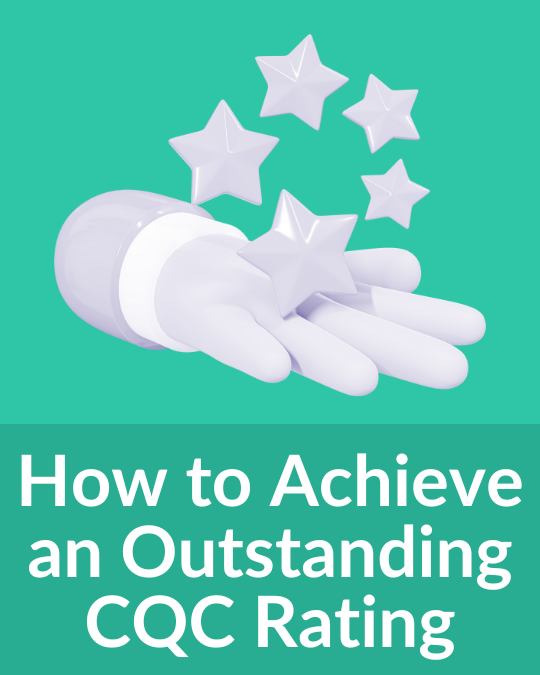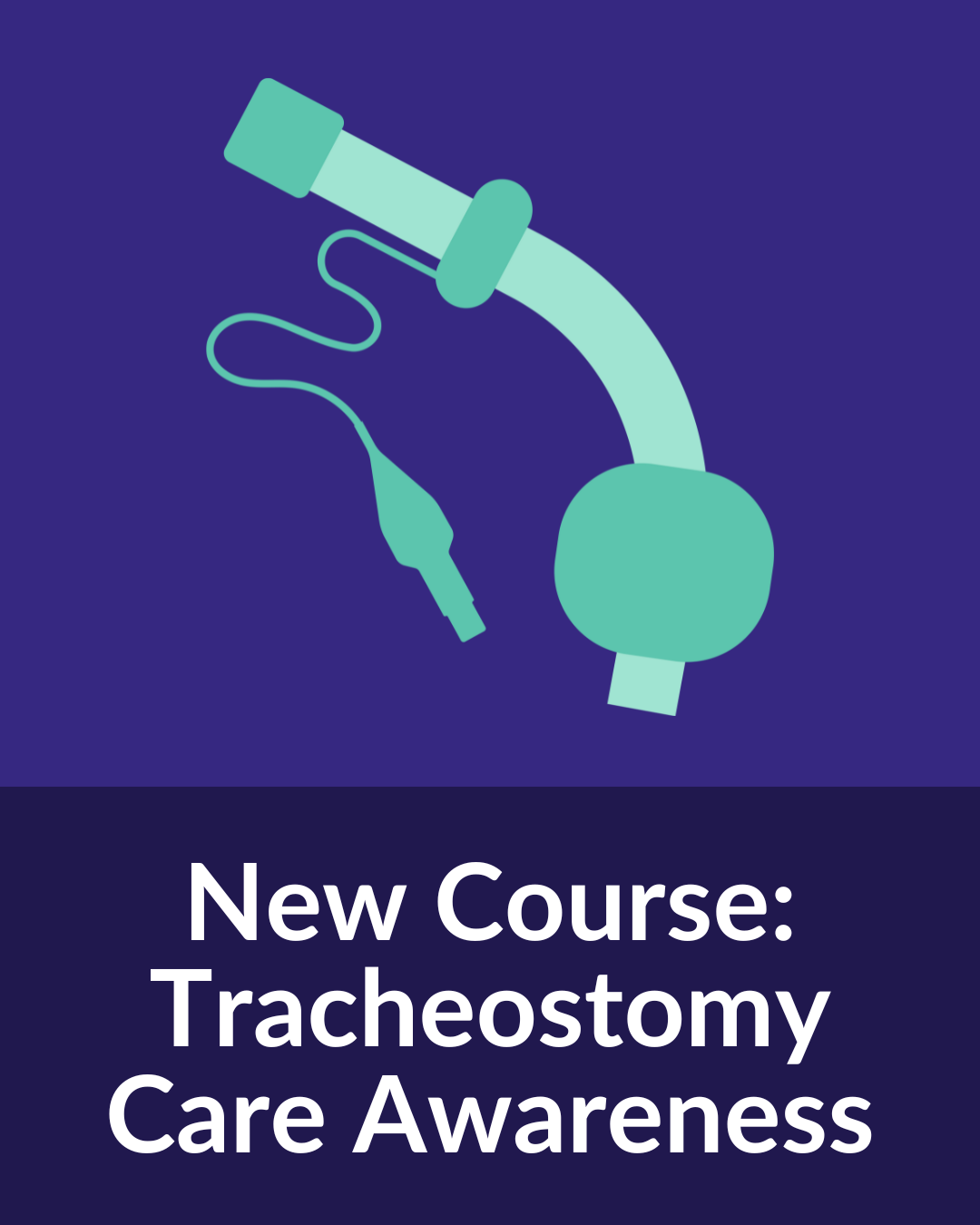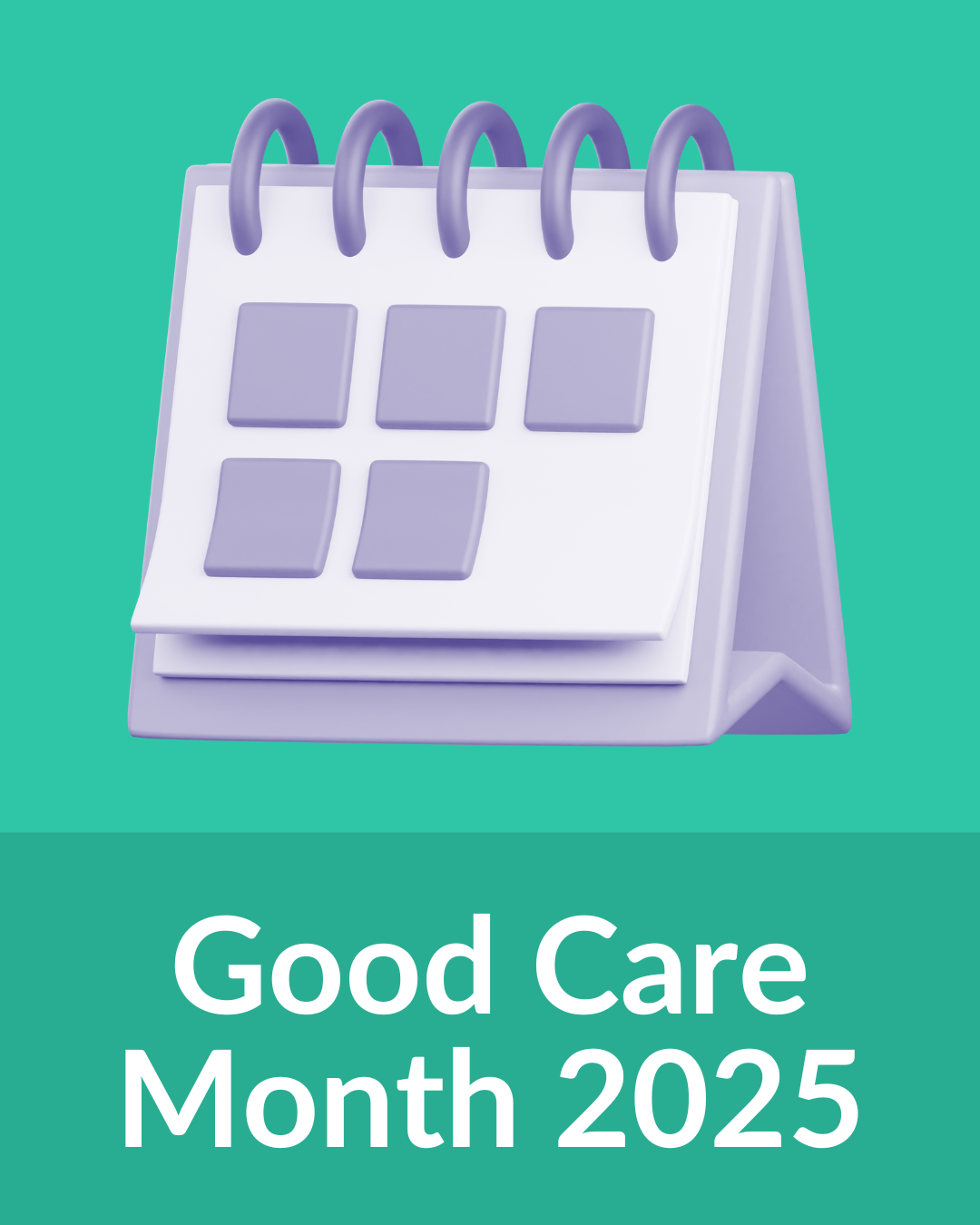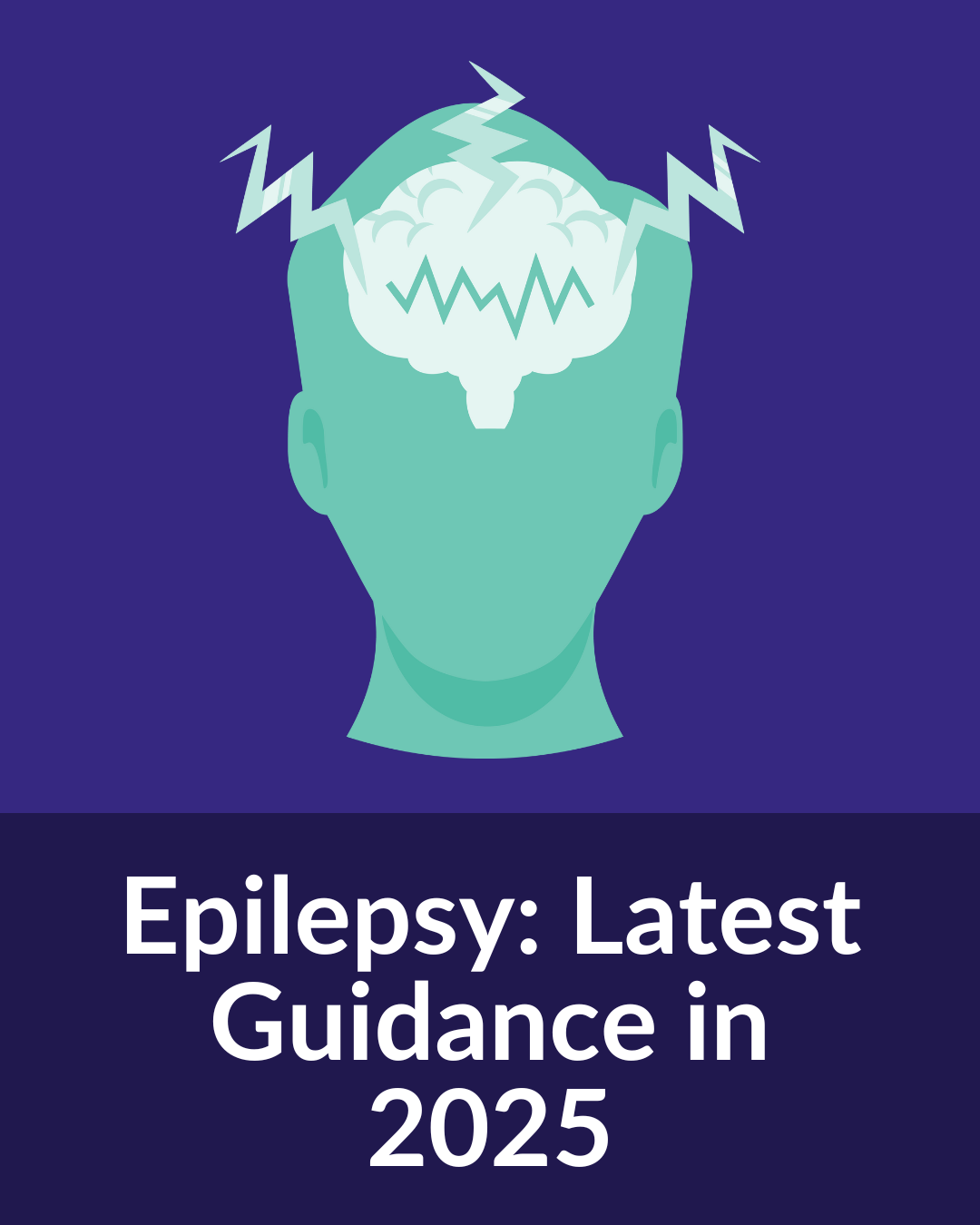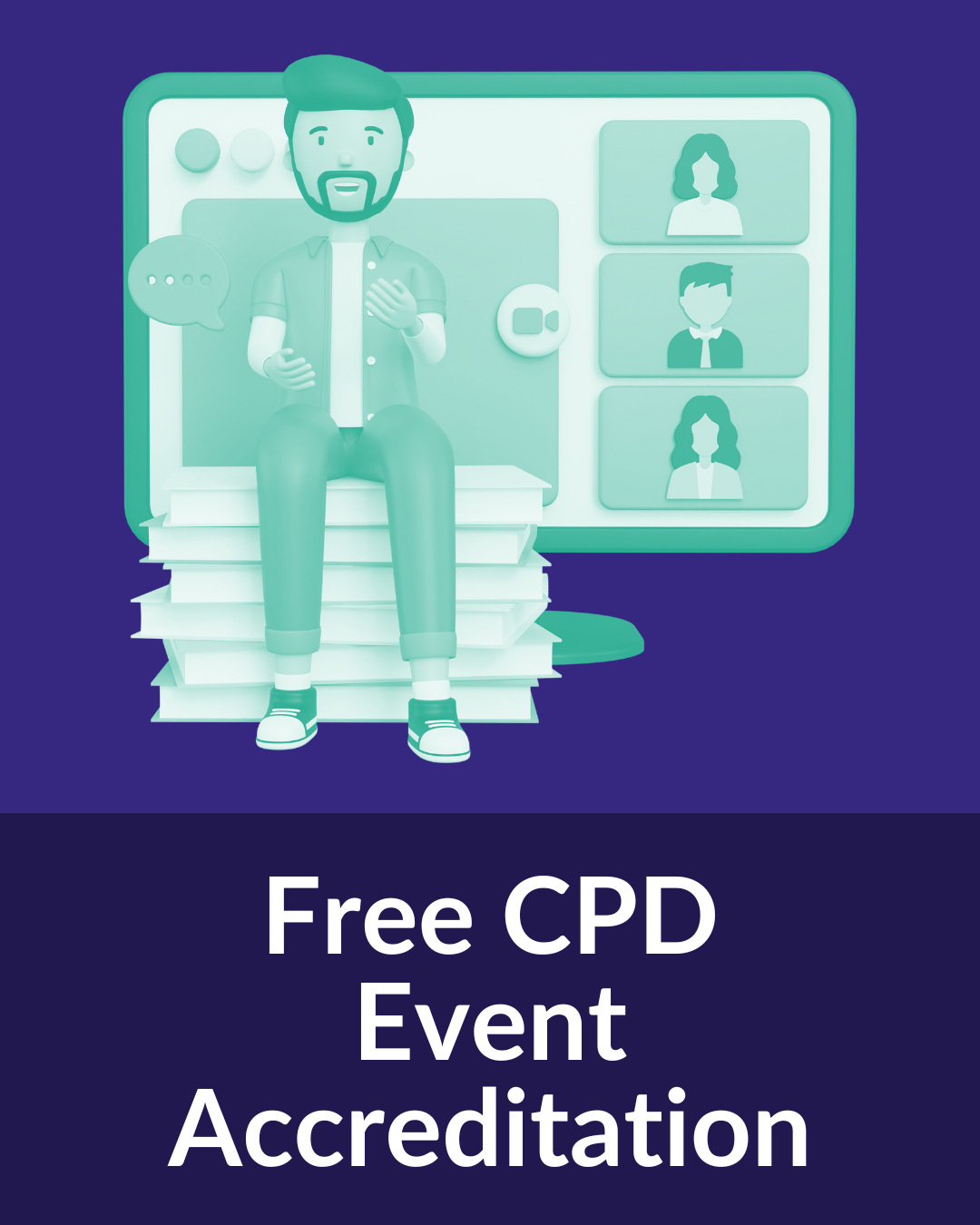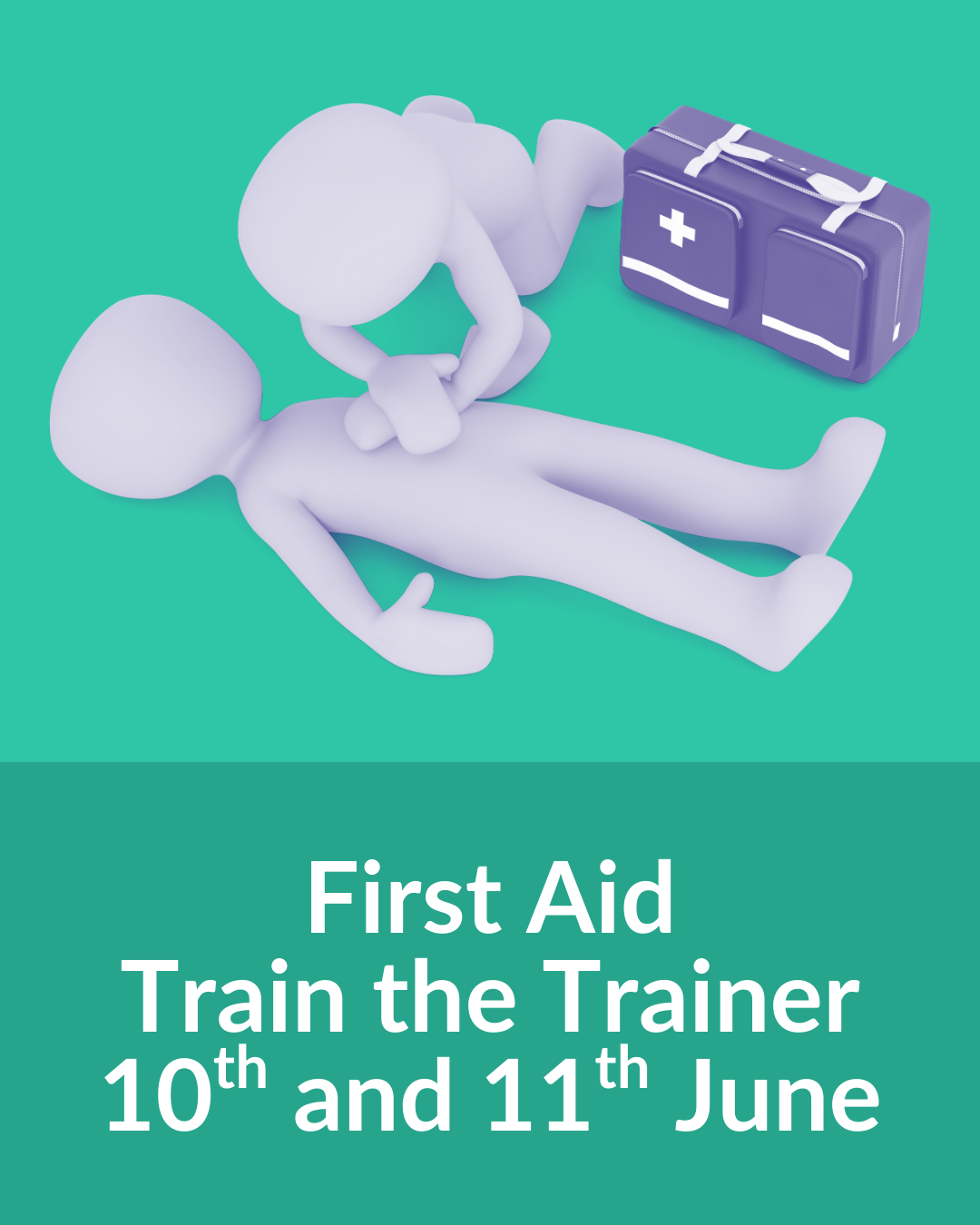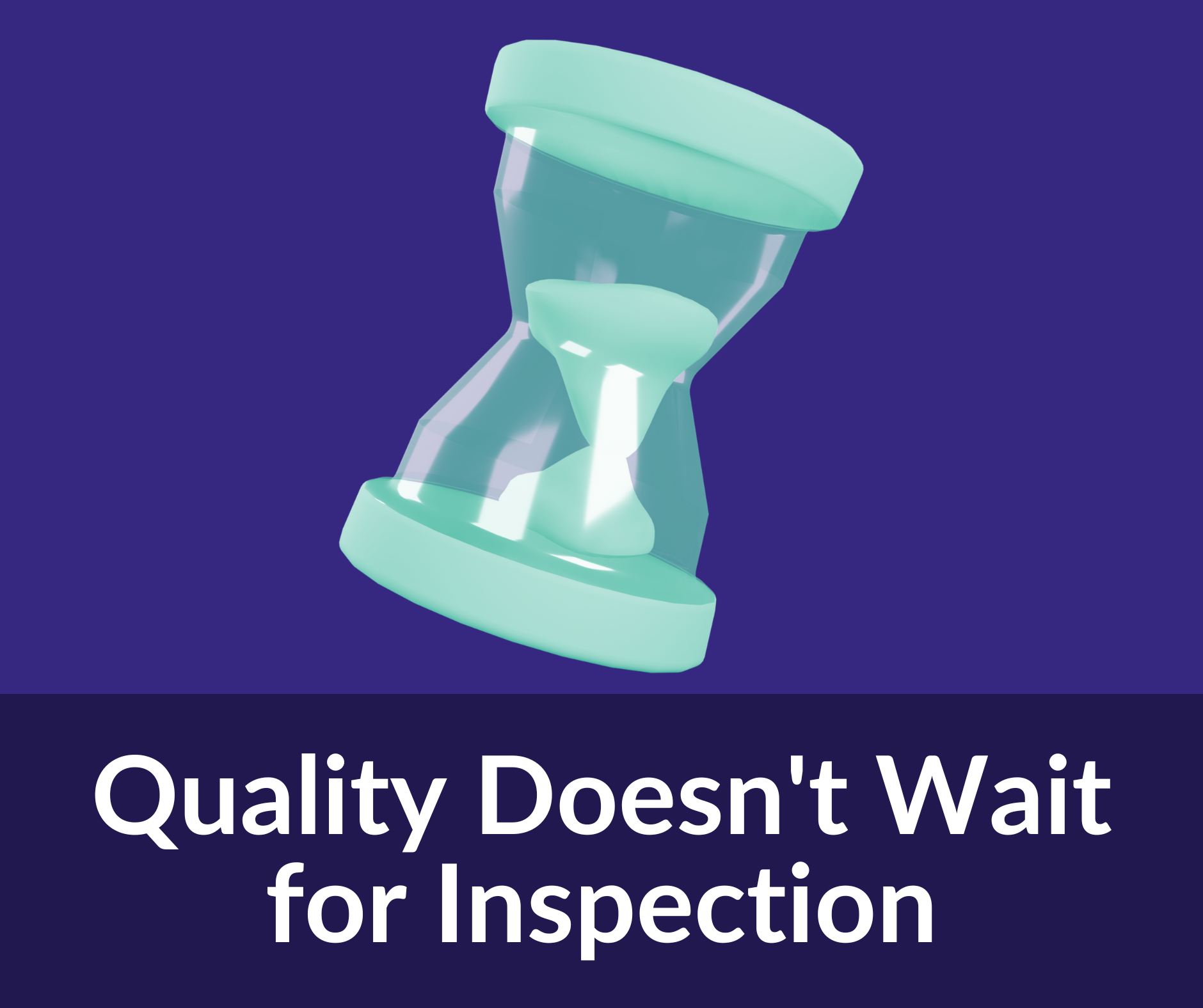Here you can read updates and insights from Advantage Accreditation. Our posts feature a range of topics, relevant to industries from health and social care to construction, to hospitality. Browse our recent posts below, and see our Resources for more information.
How to Achieve an Outstanding CQC Rating
The Care Quality Commission (CQC) recently introduced its Single Assessment Framework. The new framework simplifies and standardises inspections across health and social care. It focuses on outcomes, continuous improvement, and user experiences.
Key Changes to Ratings
The Key Lines of Enquiry (KLOEs) are still important. The CQC looks for Safe, Effective, Caring, Responsive and Well-led care.
The framework uses 34 concise Quality Statements, grouped under the five KLOEs.
These include:
- “I Statements” – From the perspective of people using services.
- “We Statements” – From the perspective of the provider.
A new scoring system is in use, which scores each statement on a scale of 1 to 4.
- 1: Significant shortfalls
- 2: Some shortfalls
- 3: Good standard
- 4: Exceptional standard
These scores influence the overall rating:
- Inadequate: 2+ areas rated 1
- Requires Improvement: 2+ areas rated 2
- Good: No more than 1 area rated 2, none rated 1
- Outstanding: At least 2 areas rated 4
This approach recognises consistent excellence across multiple areas.
Key Changes to Inspections
The CQC no longer relies solely on scheduled inspections. Instead, evidence is continuously collected through:
- Regular feedback from service users, families, and staff
- Digital records and reports
- Outcomes and incidents
This change means providers must ensure quality in daily operations, not just prepare for inspections.
What Does Outstanding Practice Look Like?
To receive an Outstanding CQC rating, care providers must be Safe, Effective, Caring, Responsive and Well-led. Here are some examples of how to achieve this:
Safe:
- Proactive safeguarding
- eMAR systems for medication safety
Effective:
- Staff trained beyond mandatory requirements
- E.g. dementia champions, advanced communication skills
Caring:
- Staff deliver person-centred care to all service users
- Tailoring daily routines to the service users’ preferences
Responsive:
- Creative approaches to meet emotional, social, and cultural needs
- E.g. sensory gardens, language support
Well-led:
- Regular staff feedback sessions
- Clear vision and strategy
For more examples, we recommend reading reports of Outstanding providers. Go to the CQC website, search for providers in your area, e.g. Care homes in Birmingham, and filter results by Outstanding ratings.
How Accreditation Can Help
Advantage is an independent accreditation body specialising in health and social care. We help care organisations achieve excellence in their everyday practice. Accreditation demonstrates to the CQC that your organisation is Safe, Effective, Caring, Responsive and Well-led. Here’s how:
Safe:
- Staff receive high-quality, robust training to ensure care is delivered safely
- Safeguarding training helps staff understand their duty to protect their service users
- Courses are kept up-to-date with the latest advice and best practices on topics like infection prevention and safe handling of medication
Effective:
- Accredited training is evidence-based and tailored to real-world practice
- Continuing Professional Development (CPD) helps ensure staff development and encourages retention
Caring:
- Through quality training, staff gain skills in communication, empathy, and supporting independence
- Accredited equality and diversity courses help staff meet people’s emotional, social, and cultural needs
Responsive:
- Training on care planning and communication equips teams to deliver tailored support
- Accredited courses give staff confidence to handle sensitive situations with compassion and professionalism
Well-Led:
- Accreditation demonstrates strong leadership and governance
- Accredited centres show they prioritise high-quality care through structured staff development
- Centres can use our online portal to keep training records and provide evidence of staff competency
- Offering accredited CPD supports a positive workplace culture and shows leaders value their teams
Become an Accredited Centre
Advantage-accredited centres can:
- Deliver our ready-to-use health and social care courses
- Accredit your own bespoke training to our standards
- Equip staff to meet and exceed CQC expectations across all KLOEs
- Offer accredited training externally, raising your organisation’s profile
Contact us to find out how we can support you.
New Evacuation Sheet Training Materials Now Available
Advantage Accreditation supports training providers and organisations with high-quality, ready-to-use materials for compliance-based courses. Our new Level 2 Award in Evacuation Sheet Training materials are now available to accredited centres.
About the Course
The Level 2 Award in Evacuation Sheet Training equips learners with the knowledge and practical skills to use evacuation sheets safely during emergency evacuation procedures, particularly for individuals with impaired mobility.
The course covers:
- How to use evacuation equipment safely
- Legislation relating to evacuation procedures and people with impaired mobility
- The importance of using equipment correctly for personal safety
- Practical skills for using evacuation equipment
Resources available:
- Slide Presentation
- Lesson Plan
- Syllabus
- Trainer Notes & Guidance
- Assessment
- Group Activities & Scenarios
The course is mapped to relevant legislation and guidance, including:
- Health and Safety at Work Act 1974
- Provision and Use of Work Equipment Regulations 1998 (PUWER)
- Manual Handling Operations Regulations 2002
- Equality Act 2010
Additional Fire Safety Training Materials
Advantage offers more fire safety training materials:
Level 2 Award in Evacuation Equipment
A similar course focusing on evacuation chairs and other equipment, ensuring staff can support safe evacuation for individuals with reduced mobility.
Level 2 Award in Fire Extinguisher and Fire Safety Awareness
Covering:
- Types of fire extinguishers
- Practical use and demonstration
- Actions to take on discovering a fire
- Fire suppression systems and plans
All our training materials are designed to:
- Save you time with ready-to-use, professionally developed content
- Meet compliance requirements with up-to-date legislative mapping
- Enhance learning with practical assessments and engaging group activities
- Support your trainers with detailed guidance and structured delivery
Get Started
If your centre is already accredited, please contact us to add this course to your portfolio. If you’re not yet accredited with Advantage, please get in touch to discuss how we can support you.
How to Get a Training Course Accredited: Start to Finish Guide
At first, the process of getting a course accredited can feel daunting. From searching for accreditation costs to understanding what documents to submit, it’s easy to get lost. Advantage Accreditation keeps things simple with a clear four-step process.
We offer accreditation for training providers for both online and in-person courses. All approved courses receive CPD accreditation through Advantage. We work across all industries, with a particular speciality in health and social care and compliance-based topics.
Step 1: Centre Approval
Your journey begins with Centre Approval. This initial evaluation checks your organisation’s foundations to ensure you can deliver effective accredited training. We ask for documents such as:
- Health and Safety Policy
- Equality, Diversity and Inclusion Policy
- Staff Development Procedure
- Company Insurance Certificate
Don’t worry if you don’t have all of these in place yet. Requirements vary depending on your organisation’s size and sector. If anything is missing or needs updating, we provide guidance to help you achieve accreditation based on UK standards and guidance.
Once approved, you will receive your Centre Approval certificate, and we will add your organisation to our directory of accredited centres. This increases your visibility to those searching online for training providers in the UK.
Step 2: Trainer Approval
Next is Trainer Approval. We assess your trainers to ensure they have:
- Ability to Teach – clear presentation and facilitation skills
- Subject Knowledge – appropriate knowledge of the subjects they deliver
If trainers lack formal qualifications, we can assess occupational competence instead, ensuring their professional roles demonstrate expertise. Advantage also offers Train the Trainer programmes with modules on Presentation Skills and Subject Knowledge.
Step 3: Course Approval
This is where your accredited courses come to life. You can:
Use Advantage ready-made courses – our library includes over 100 accredited training programmes in Health and Safety, First Aid, Food Safety, Mental Health, Safeguarding and more. All packages come with slide decks, lesson plans, trainer notes, assessments, and interactive activities.
and/or
Submit your own original courses for review. We’ll provide detailed feedback to ensure your content meets accreditation standards.
If you’re developing bespoke training, simply submit your materials (slide decks, plans, notes, etc). Our team will conduct a full quality audit, provide feedback, and outline any changes needed for approval.
Step 4: Certification
Once your centre, trainers, and courses are approved, you’re ready to deliver accredited training.
As an accredited centre, you gain access to our online portal, making training admin easy. You can:
- Generate learner certificates with both our logo and yours
- Track training schedules and attendance
- Monitor refresher dates for compliance
- Maintain records in preparation for audits
Next Steps
For a breakdown of our fees and to explore free accreditation options, download our brochure or contact our team.
New Course: Tracheostomy Care Awareness
The team at Advantage Accreditation have developed new ready-to-use course materials for the Level 2 Award in Tracheostomy Care Awareness.
These training materials are available to our accredited training centres.
The course is intended for health and social care staff who work with individuals with a tracheostomy. This is an awareness-level course and not an advanced clinical course.
Course contents:
- What is a tracheostomy?
- Respiratory tracts
- Why a tracheostomy may be needed
- Types of tubes
- Humidification
- Suction
- How to manage and care for a stoma site
As with all our course materials, the training is mapped to relevant industry standards and guidance.
Course duration:
- 3 hours
Course materials available:
- Presentation slides
- Lesson plan
- Syllabus
- Trainer notes and guidance
- Group activities
- Assessment
If you are interested in delivering this course as an accredited Advantage centre, please contact us.
Good Care Month: How Accreditation Demonstrates Good Care
Each July, we celebrate Good Care Month in the UK. This is a time to spotlight the dedication and impact of carers, both paid and unpaid.
Good care starts with good training. We support dozens of care organisations across the UK in raising training standards, boosting confidence among care teams, and ensuring the best possible support for service users.
Dedication, compassion, dignity and empowerment are powered by robust, relevant and responsive training. We provide ready-to-use materials for mandatory and specialist courses. We also accredit original courses that are unique to individual organisations. All courses accredited by Advantage are aligned with national standards and best practice guidance from bodies such as Skills for Care and NICE.
This means Advantage-accredited training isn’t just good, it’s recognised, externally assured, and focused on real-world outcomes.
Good Care Month counters negative perceptions of the care sector. It champions care as a rewarding career path. Advantage shares this vision, helping providers to:
- Improve CQC ratings
- Upskill experienced staff
- Expand course offerings
- Reduce admin burdens
- Ensure continuous improvement
Accreditation signals to service users, families, and regulators that you take training and quality seriously.
Good Care Month offers an opportunity to come together and reimagine what support, recognition and career development can look like. If you’re looking to grow your talent, build trust, and offer development opportunities, please get in touch to see how we can help.
Let’s use this month not only to thank care staff, but to invest in them too.
Epilepsy: Latest Guidance in 2025
Advantage Accreditation exists to ensure learners receive high-quality training with the most recent guidance. We support our accredited training centres with ready-to-use materials for course delivery.
We recently updated our epilepsy courses to reflect the 2025 seizure classification guidance from the International League Against Epilepsy (ILAE).
These changes affect the following courses:
- Level 2 Award in Epilepsy
- Level 2 Award in Epilepsy and Buccal Midazolam
- Level 2 Award in Epilepsy and Emergency Medication
- Level 2 Award in Epilepsy including Carbamazepine and Emergency Medication
If you deliver any of the above courses, please contact us to request updated materials.
Why the Update?
The ILAE has made key revisions to how epileptic seizures are classified and described. These changes reflect evolving understanding in clinical research. They support better care and clearer communication in both health and social care settings.
Seizure Types
The word “onset” has been removed from the names of the main seizure types.
“Consciousness” now replaces “awareness” as a primary classifier. It is defined by both awareness and responsiveness.
“Motor” vs. “non-motor” distinctions are no longer in use. Instead, use observable vs. non-observable manifestations.
New Recognition
Epileptic negative myoclonus has been formally acknowledged as a seizure type for the first time in ILAE guidance.
Phases and Stages
Seizures are now described in terms of the sequence of signs and symptoms rather than focusing solely on the first noticeable event.
The four seizure phases (prodromal, aura, ictal, post-ictal) are now explained as potentially applicable to all seizure types. This was previously used only for tonic-clonic seizures.
What This Means for Training Centres
We understand that epilepsy can be a complex and highly individualised condition. These updates aim to provide trainers with a framework that reflects that complexity. The content supports flexibility, open-mindedness, and empathy in both training delivery and in practice.
These updates are part of our ongoing commitment to quality, relevance, and excellence in training. If you are interested in accessing our ready-to-use materials, please contact Advantage Accreditation.
Staying Current: Key Training Updates from Advantage
Advantage Accreditation’s Curriculum Team ensure our learning materials are up to date with the latest guidance and best practices.
Here are some of the key updates we’ve made this past month:
DRABC Protocol
We’ve amended the DRABC (Danger, Response, Airway, Breathing, Circulation) protocol across all first aid courses. The “C” now reflects Circulation if the casualty is breathing, or CPR if the casualty is not. Additionally, we’ve clarified that life-threatening bleeding must be dealt with between the Response and Airway steps, an important change that aligns with evolving emergency care priorities.
AED and Recovery Position Guidance
We’ve updated guidance on automated external defibrillators (AEDs) to note that they may be used on children under 1 year old if no other options are available. Also, the recovery position must now be taught following the secondary survey. These changes ensure learners are prepared for real-world emergencies with the most current advice.
Penetrating Chest Injuries
We’ve also updated our guidance on penetrating chest injuries to reflect the most recent recommendations. Learners will now receive clearer, more effective training on how to manage these critical injuries.
New Seizure Classification
In line with the 2025 update from the International League Against Epilepsy (ILAE), our epilepsy courses now feature the latest seizure classification framework. Trainers and learners will benefit from a more accurate, consistent understanding of seizure types.
Why These Updates Matter
These changes are part of our ongoing commitment to ensuring that our accredited training reflects the latest research, guidelines, and real-world needs. As an accredited centre, you don’t need to worry about keeping up with every update, as we do the heavy lifting for you.
Our regularly reviewed and refreshed learning materials make your job as a trainer or provider easier, so you can focus on delivering excellent instruction and supporting your learners.
Interested in becoming an accredited centre with Advantage Accreditation?
Join a network of providers who trust us to keep their content sharp, compliant, and current. Get in touch to find out how we can support your training delivery.
Make Your Event Stand Out with Free CPD Accreditation
Planning an event soon?
We have a simple, straightforward way to increase your attendance, boost your reputation, and offer more value to your attendees. Best of all, it’s absolutely free!
Continuing Professional Development (CPD) is now a requirement in a broad range of professions. By offering CPD points/hours, you’re giving attendees a reason to choose your event over others. Whether it’s a seminar, conference, workshop, or online talk, CPD accreditation adds credibility and merit.
More Attendees
CPD-accredited events are more appealing to professionals looking to meet annual CPD quotas. This means more sign-ups.
Perceived Value
When people see CPD points attached to an event, it signals quality and substance. That perception can translate into higher engagement and even increased ticket sales.
Zero Cost
Our CPD event accreditation is completely free. We’ve streamlined the process so there’s no paperwork nightmare or multitude of back-and-forth emails.
Global Reach
Our accreditation applies internationally, perfect for hybrid and online events.
How It Works
- Submit your event details
- Receive a unique QR code to display at your event
- Attendees scan the code and provide their name and email
- We generate a CPD certificate and send this directly to the attendee via email
With exposition season in full swing, now’s the time to give your event the CPD advantage. This free service helps you deliver professional development value without the hassle.
Contact us today, and we’ll help you turn a good event into a great one.
Emergency First Aid at Work – Public Train the Trainer Course
We’re pleased to announce our upcoming open Train the Trainer course for Emergency First Aid at Work (EFAW). This includes a subject knowledge day paired with our Presentation Skills day.
Location: Bank House, Pershore, WR10 1AA
Presentation Skills: Tuesday 10th June
Emergency First Aid at Work: Wednesday 11th June
Arrival: 9:00am | Course: 9:30am–4:30pm
Drinks and lunch provided
Discounted accommodation available at The Angel Inn Hotel next door
A Flexible, Cost-Effective Route to Becoming a First Aid Trainer
Our Train the Trainer public courses are ideal for individuals or small teams looking to gain training qualifications without needing to book a full-group session. You can book either day individually or attend both – perfect for those who already have presentation experience but need subject knowledge, or vice versa.
Whether you’re starting your training journey or looking to upskill, this course gives you the tools to confidently deliver first aid training in your workplace or as part of your own training offering.
Day One: Presentation Skills (Train the Trainer)
Tuesday 10th June
Learn how to deliver engaging, effective training sessions tailored to different learning styles. From the communication model to group facilitation and feedback, this course will build your confidence as a trainer.
Day Two: Emergency First Aid at Work – Subject Knowledge Module
Wednesday 11th June
This Level 3 Award course provides a full refresher in Emergency First Aid and prepares you to train others in key areas like:
- CPR and AED use
- Choking, stroke, sepsis, and shock
- Heart attacks, wounds, burns, seizures, and more
- Group activities, practical sessions, and assessment
You’ll also complete a micro-teach and get feedback from peers and trainers to help you develop your delivery style.
Already an Advantage-accredited centre? Contact us for exclusive discounted rates.
Spaces are limited – secure your place today!
Contact us to find out more about the course or accommodation options.
CQC Delays: Why Accreditation Matters More Than Ever
A recent investigation by ITV News revealed more than half the care homes in England have not had a full inspection by the Care Quality Commission (CQC) since 2020. Around 250 of these homes “require improvement” and are now overdue for inspection by up to four years. This alarming statistic demonstrates the need for internal quality measures and independent assurance.
The delay in CQC inspections raises serious questions about how care quality is monitored and maintained in the UK. Service users and their loved ones rely on external ratings to inform life-changing decisions about their care. Without regular inspections, these ratings are outdated and misleading.
Regulatory oversight is a crucial part of care provision. However, we cannot rely on this as the only safeguard. Care providers can take proactive steps to ensure quality training, continuous development, and strong internal standards. That’s where accreditation comes in.
Quality Doesn’t Wait for Inspection
Advantage Accreditation helps care providers ensure quality and deliver training that meets national standards. We can help you demonstrate your commitment to quality care, without waiting for the next CQC visit.
Many issues uncovered in poorly-performing care homes could be prevented by better staff training, oversight, and accountability.
We support care providers to:
- Deliver in-house training in line with our quality standards
- Upskill staff members to become trainers
- Build a team that adapts to changing regulations and care needs
In other words, accreditation enables providers to raise the bar for themselves.
Restoring Trust in Care
The CQC has acknowledged the need to speed up inspections. However, care professionals, service users and their loved ones are demanding more immediate action.
Accreditation is not a replacement for regulation. It is a way for care organisations to demonstrate accountability, build trust, and safeguard service users.
Proactive, not Passive
Take charge of your training, set high standards, and demonstrate your commitment to quality.
Contact Advantage to find out how accreditation can make a difference for you.

